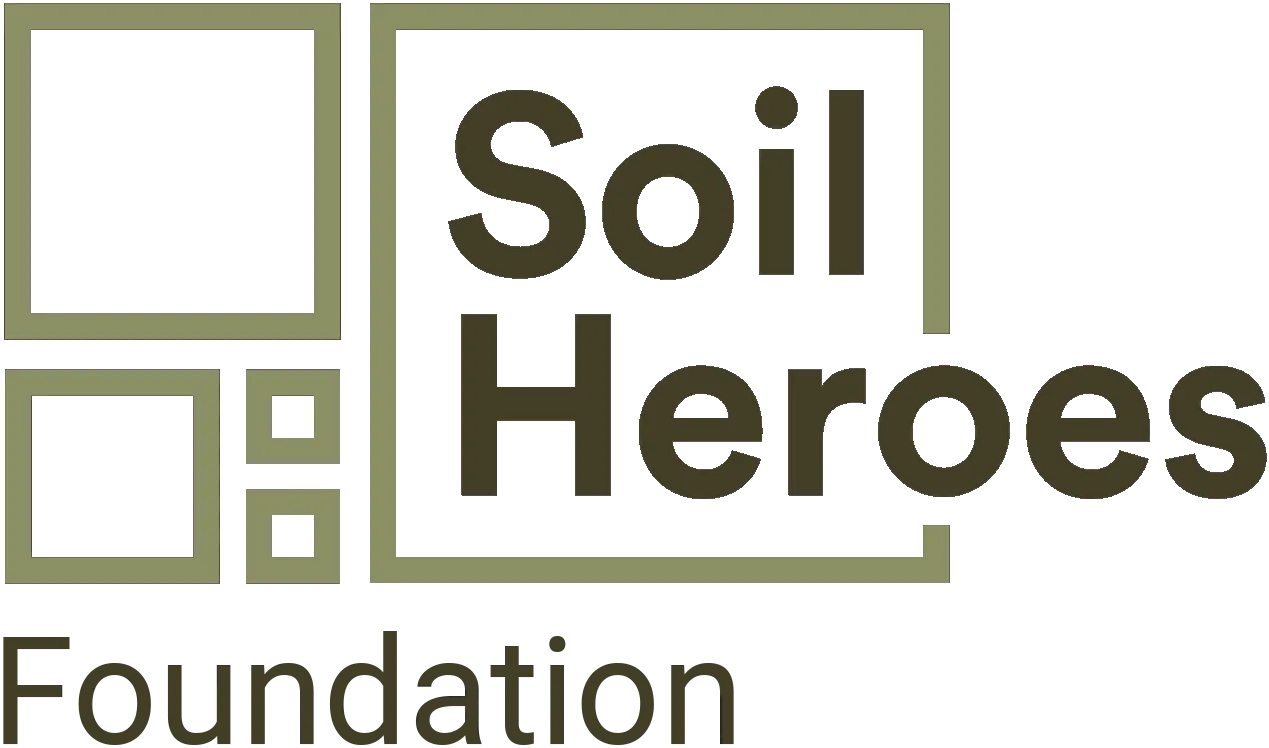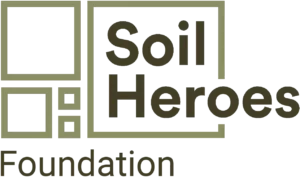Regenerative agriculture includes a toolbox of practices which have the potential to not only reverse the decline in our biodiversity, but to actively build it. Biodiversity and regenerative agriculture are a perfect example of how working with rather than against nature can bring multiple benefits. Not only can it support the natural predation of pests and pollination, but improved soil biodiversity improves the nutrient uptake of crops, and potentially the nutrient density of the crops we eat.
This project consists of the following activities:
1.Biodiversity lanes
Implementing flower edges around the plots and biodiversity lanes in-between the plots, and measuring the impact on biodiversity levels and crop resilience.
For over 10 years, the Klompe Farm has grown flower and grass-herb field margins in and around their fields, accounting for more than 4-10% of the plots’ surface. These field margins provide a welcoming habitat for insects, birds and small mammals.
From 2017 the University of Amsterdam, Klompe Farm and the Soil Heroes Foundation have worked together on validating the ecological benefits of these field margins. The results from 2017 and 2018 were so promising that the project has become an example in the EU-project INTERREG “FABulous Farmers”. The goal of which is to provide insights to the EU-government to help shape European policy on agriculture.
With Patagonia and Rotterdam de boer ops’ support, we have expanded the surface of our flower edges, and together with the University of Amsterdam we are investigating which flower/grass-herb mixes work best for functional biodiversity enhancement.
The results are very encouraging. Aphids remained below the critical threshold in the regenerative potato fields which allowed us to eliminate the use of synthetic insecticides (large populations of aphids can drain the sap of the plants causing them to yellow, wilt and wither). The increase in natural pollination was linked to an increase in yields, and we have seen a significant increase in bird, insect, bee, bumblebee, butterfly, and small mammal populations on the fields. To learn more about our butterfly monitoring on the farm visit https://www.vlinderstichting.nl/bimag/
As of 2022, we have added movement sensitive wildlife cameras to the fields in order to track the bird and small mammal populations on the fields.
2. Line cropping and extended rotations
Diversity in cropping systems is equally important and the Foundation has been trialling lane cropping and increasing the variety of crops grown on the farm. In addition to potatoes, onions, brown beans, kidney beans, soybeans, several types of wheat, carrots, naked oats and buckwheat, we area also trialling varieties of flax, poppy seed, rape seed, sunflower, sesame seed and land rice. As part of this project, we are also testing multi-variety cover crop mixes and companion planting.
3. Trialling Biofertilisers
In 2020 we started experimenting with different recipes of biofertiliser, tracking parameters including costs, brewing process, ease of application and implementation and results. Biofertilisers are made through a process of fermentation whereby a liquid of metabolites (organic products produced by bacteria and fungi) is brewed from a variety of organic products. For example, we have experimented with whey-water – a residue from cheese making – delivered by a local cheese making farmer-producer.
We have now shortlisted three recipes which we are producing in large batches and spraying on many of our fields, tracking the effect on soil and crops and we are now gradually replacing all artificial inputs with these biofertilisers across the whole farm. For optimal results, the biofertilisers need to be sprayed every two weeks on the fields, so we are now developing the appropriate infrastructure to increase our production capacity in order to sustain this application routine and, as we continue to see the enormous potential of biofertilisers and their adaptation to specific farm needs, we continue to test new recipes to increase natural plant resilience, stimulate plant growth and fertilise the soil.
4. Agroforestry
In 2021 we started developing an agroforestry plot on the experience farm (walnut, chestnut, hazelnut, cherry and oak). More on this soon….








